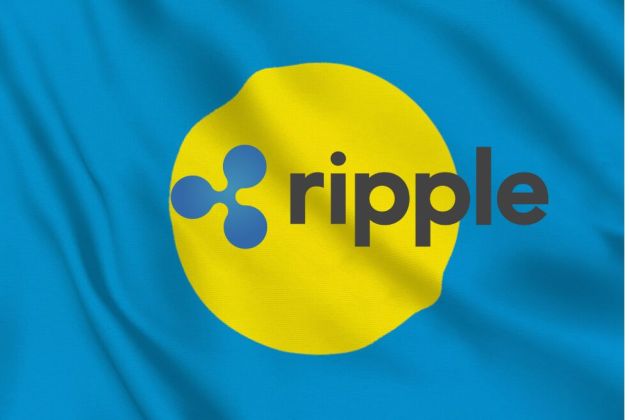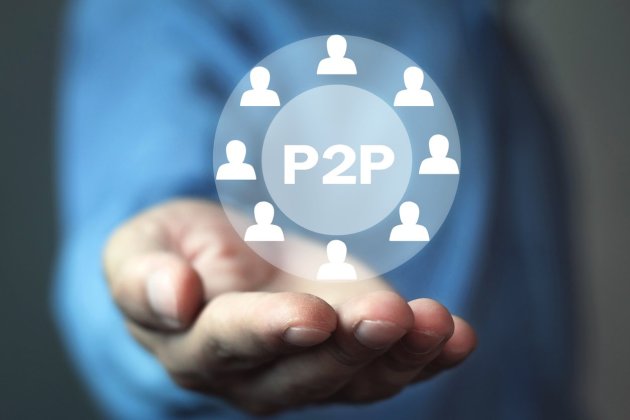The Republic of Palau’s Ministry of Finance has reported the successful completion of Phase 2a of its National Government Payment Service Project, focusing on the integration of a stablecoin system powered by Ripple’s blockchain technology. The initiative, dubbed the Palau Stablecoin Program, aims to develop a national payment ecosystem that is both convenient and cost-effective, tailored specifically to address the needs of Palau’s unbanked and underbanked population.
Ripple-Based Palau Stablecoin Is A Success
During Phase 2a, which concluded on June 30, 2024, the collaboration with Ripple involved utilizing its Central Bank Digital Currencies (CBDCs) and blockchain platform to explore the integration of a tokenized USD into Palau’s financial infrastructure. This digital innovation is intended to emulate successful models like PayPal and Alipay but with enhancements to specifically suit the unique socio-economic conditions in Palau.
“In partnership with Ripple’s Central Bank Digital Currencies and Central Bank Engagements team, the project utilized Ripple’s Blockchain Technology to explore the feasibility of integrating a tokenized USD into Palau’s infrastructure,” the report adds.
It highlights the project’s critical achievements in creating a regulatory and technological framework capable of supporting the stablecoin. A major component of this phase was the near completion of the Payment Service Bill, which aims to establish a comprehensive legal framework that will govern the operations of the payment service. This bill addresses critical aspects such as licensing of payment providers, establishment of dispute resolution mechanisms, and enforcement of anti-money laundering (AML) and know-your-customer (KYC) regulations.
The technical infrastructure assessment reaffirmed the viability of supporting the stablecoin system, with planned upgrades to internet connectivity and compatibility enhancements across various digital devices throughout the archipelago. This infrastructure is pivotal in ensuring that all Palauans have access to the new digital payment service, thereby fostering greater financial inclusion.
Ripple has been instrumental in the strategic planning and implementation of the pilot program. Phase 2a was crucial for “the exploration of the Palau National Payment Service with a series of discussions between the MOF and Ripple aimed at revalidating previously identified use cases along with the key stakeholders identified as required to be part of the project ecosystem,” the report states.
What’s Next?
The project’s progression into Phase 2b aims to continue the development of the ecosystem, with a specific focus on integrating more comprehensive financial, legal, and business frameworks. This phase will also address the scalability of the payment system and ensure its robustness against potential security threats.
The Ministry of Finance expressed a strong commitment to the continuous improvement and growth of the ecosystem, indicating that “further integration of financial institutions, regulatory bodies, legal frameworks, participating businesses, and use cases are vital as we move towards a full-scale national deployment.”
At press time, XRP traded at $0.6086.
Bitcoinist.comRead More



